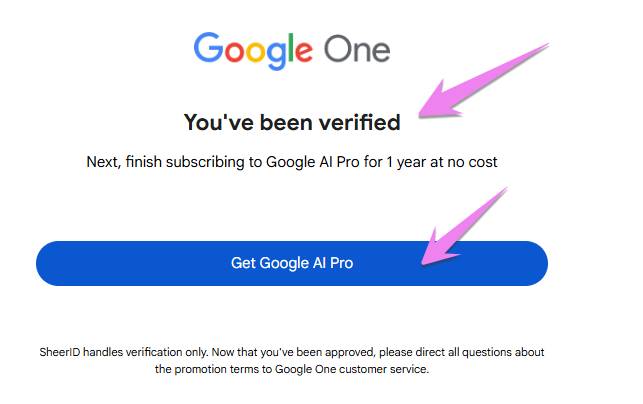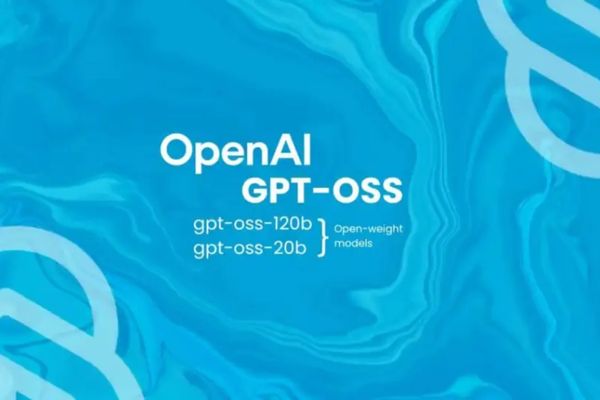Not everything on the internet will show up in a list of Google or Bing search results; there are a lot of things that normal users like us can’t access. To discover the hidden web, you need to use specialized search engines. So in this article, I will introduce you to the 12 best dedicated search engines to discover the hidden web.
| Join the channel Telegram of the AnonyViet 👉 Link 👈 |

What is the hidden web?
Before we start, let’s find out what is the “hidden web”? Simply, it is a general term for content that is not displayed in the search results of engines such as Google, Bing, etc.
Although there is no official data, most experts agree that the hidden web is many times larger than the floating web. Google, Amazon, Microsoft, and Facebook alone store more than 1,200 petabytes of data, so you know how big the hidden web is.
Content on the hidden web can be roughly divided into deep web and dark web.
Deep web
The deep web often needs some form of publicity to access. Examples: library databases, email inboxes, personal records (financial, academic, health and legal), cloud storage drives, corporate intranets, etc.
You can learn more about the deep web and how to access the deep web here.
Dark web
The dark web is a subsection of the deep web. You need to use a dedicated dark web browser (such as Tor) to view the content. It is more anonymous than the regular web and is therefore often the site of illegal activities such as drug and weapon trafficking.
You can learn more about the dark web and how to access the dark web here.
12 best deep search engines to discover the hidden web
first. Pipl
Pipl considers itself the largest person search engine in the world. Unlike Google, Pipl can interact with searchable databases, member directories, court records, and other internet searches to provide you with quick, detailed information about a somebody.
2. The Wayback Machine
Conventional search engines only provide results from the most recent versions of web pages available.
Wayback Machine is different. It has copies of more than 361 billion web pages on its servers, allowing you to search for content that is no longer available on the current site.
3. The WWW Virtual Library
WWW Virtual Library is the oldest catalog on the web. It was created by Tim Berners-Lee, the creator of the World Wide Web, in 1991.
Volunteers compile lists of links by hand, thus creating high-quality lists of deep web content across dozens of categories.
4. DuckDuckGo
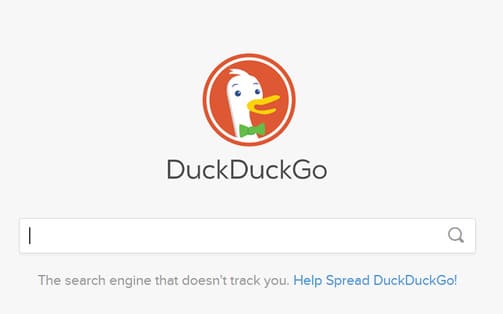
DuckDuckGo is well known as a separate search engine for the floating web, but did you know it also offers a website that allows you to explore the dark web?
Even regular search engines provide more deep web content than Google. It aggregates results from more than 500 independent search engines to find the final result. If you pair the regular DuckDuckGo engine with the .onion version, you can perform a full site search.
The onion website can be found at http://3g2upl4pq6kufc4m.onion/.
5. USA.gov
USA.gov’s amount of content is impressive. This is a portal for all the public documents you need on every federal and government agency.
You will also find information about government jobs, loans, grants, taxes and more. Most of the information on the website will not appear on Google.
6. Directory of Open Access Journals

Directory of Open Access Journals is an internet deep search engine that provides access to scholarly articles. Papers are available to anyone at no charge.
The current archive contains nearly 10,000 journals with 2.5 million articles on all topics. Google Scholar can access some information, but I think DOAJ is a better research tool.
7. notEvil Dark Web
If you are looking for a dark web search engine, try notEvil Dark Web. The site has a .onion domain name, so it cannot be accessed through a standard web browser. To access, open a deep web browser like Tor and paste hss3uro2hsxfogfq.onion into the address bar.
It has a database of over 32 million dark web pages to search.
8. Elephind

Elephind aims to provide a single portal for all historical newspapers in the world. This is a great resource for researchers — especially historians and students.
Many of the newspapers on this site are exclusive to the deep web; they won’t show up on Google. At the time of writing, 3.6 million newspapers are currently available on that site.
9. Voice of the Shuttle
For anyone interested in the humanities, Voice of the Shuttle is a much-needed resource. The site was operational in 1994 and today boasts one of the best curated collections of deep web content.
There are over 70 annotated pages of links covering everything from architecture to philosophy.
ten. Ahmia
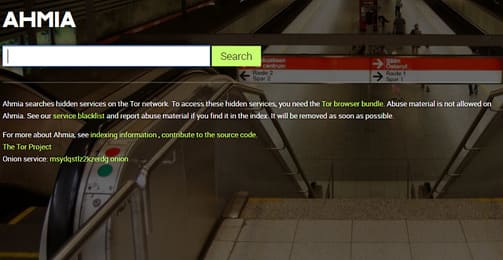
Ahmia is a dark web search engine. But it’s a bit different because it’s one of the few dark web search engines available on the regular web.
Of course, any links and results will not be openable unless you have the Tor browser installed on your computer. Still, it’s still a great way to enjoy what’s available on the dark web without the risks of using the dark web.
11. WorldCat
This deep search engine has two billion listing entries from libraries around the world. Includes 15,637 libraries in 107 countries participating in the OCLC global collaboration. It is operated by OCLC, Inc. Registered member libraries jointly maintain the database of WorldCat, the world’s largest bibliographic database.
twelfth. Project Gutenberg
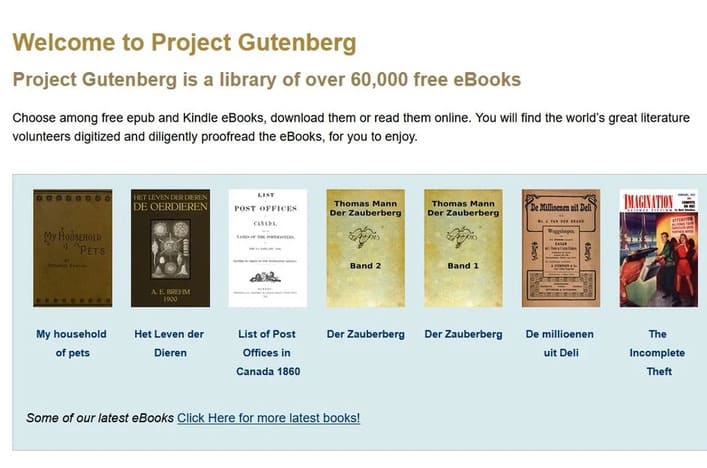
Project Gutenberg offers more than 58,000 free eBooks for you to view and download freely.
Sadly, one of the most famous deep search engines of the past, Deeppeep, no longer exists, but all the websites in this article can help you comfortably explore the hidden web.






